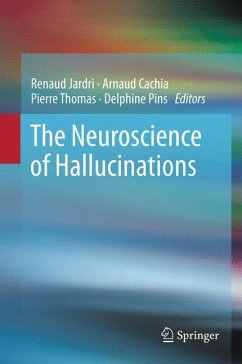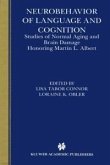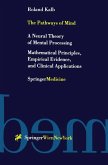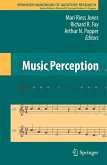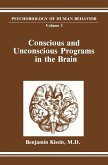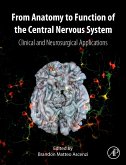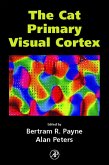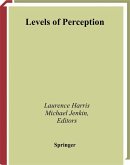The Neuroscience of Hallucinations synthesizes the most up-to-date findings on these intriguing auditory, visual, olfactory, gustatory, and somatosensory experiences, from their molecular origins to their cognitive expression. In recognition of the wide audience for this information among the neuroscientific, medical, and psychology communities, its editors bring a mature evidence base to highly subjective experience. This knowledge is presented in comprehensive detail as leading researchers across the disciplines ground readers in the basics, offer current cognitive, neurobiological,and computational models of hallucinations, analyze the latest neuroimaging technologies, and discuss emerging interventions, including neuromodulation therapies, new antipsychotic drugs, and integrative programs. Among the topics covered:
- Hallucinations in the healthy individual.
- A pathophysiology of transdiagnostic hallucinations including computational and connectivity modeling.
- Molecular mechanisms of hallucinogenic drugs.
- Structural and functional variations in the hallucinatory brain in schizophrenia.
- The neurodevelopment of hallucinations.
- Innovations in brain stimulation techniques and imaging-guided therapy.
Psychiatrists, neurologists, neuropsychologists, cognitive neuroscientists, clinical psychologists, and pharmacologists will welcome The Neuroscience of Hallucinations as a vital guide to the current state and promising future of their shared field.
Renaud Jardri, M.D., Ph.D., is a child psychiatrist at the Lille University Medical Centre, France and associate faculty at the Group for Neural Theory, École Normale Supérieure, Paris, France. Arnaud Cachia, Ph.D., is Associate Professor in Neurosciences at Université Paris Descartes, affiliated with the Center for Psychiatry and Neurosciences (INSERM, Ste-Anne Hospital) and the Laboratory for the Psychology of Child Development and Education (CNRS, Sorbonne). Pierre Thomas, M.D., Ph.D., is Professor of Psychiatry at the Lille North of France University School of Medicine and Co-Research Director of the "Hallucinations & Delusions" team in the Functional Neuroscience and Disorders Laboratory (Lille, France). Delphine Pins, Ph.D., is a CNRS researcher at the Functional Neurosciences and Disorders Laboratory (Lille, France), where she is Co-Research Director of the "Hallucinations & Delusions" team.
Dieser Download kann aus rechtlichen Gründen nur mit Rechnungsadresse in A, B, BG, CY, CZ, D, DK, EW, E, FIN, F, GR, HR, H, IRL, I, LT, L, LR, M, NL, PL, P, R, S, SLO, SK ausgeliefert werden.
"This volume provides a unique, comprehensive, multifaceted perspective on hallucinations. The editors have brought together an international cast of authors to provide 27 chapters, organized into 5 parts. ... Cliniciansmay particularly enjoy learning more about the assessment of hallucinations. ... The Neuroscience of Hallucinations provides a welcomeand valuable collection of works on hallucinatory experience that is unprecedented in its scope." (Robert M. Bilder, Archives of Clinical Neuropsychology, Vol. 26 (5), August, 2013)
"This superb book summarizes the state of neuroscience of the fascinating phenomenon of hallucinations. ... this is a welcome addition to psychiatry and clinical neuroscience. ... the editors and chapter authors have produced a brilliant review of the latest research in this burgeoning area. ... psychiatrists, psychologists, neuroscientists, and graduate students would benefit from this timely and comprehensive review. ... All researchers who are interested in the brain and behavior will expand their knowledge base reading this superb book." (Michael Joel Schrift, Doody's Book Reviews, May, 2013)

